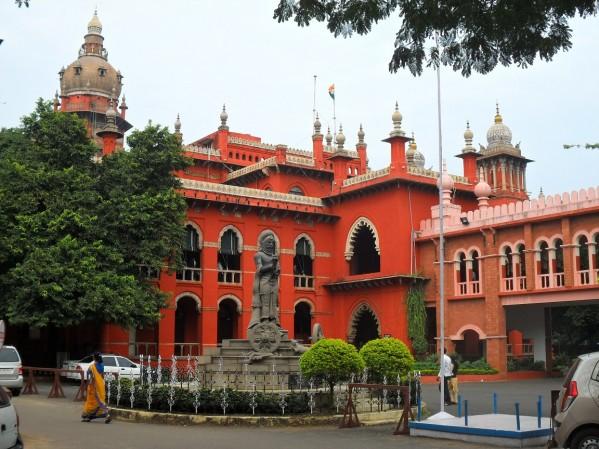Two years after a Tamil Nadu man, charged under the Pocso Act for sexually assaulting a minor, was acquitted by a trial court, the Madras High Court has set aside the verdict after finding the earlier acquittal was owing to a typo which rendered "semen" to "semman" (red soil in Tamil).
Justice P. Velmurugan, earlier this month, set aside the trial court judgment and sentenced the accused to life imprisonment after hearing the appeal of the mother of the child.
The incident occurred in 2017, when a woman left her daughter, then aged 2 years and nine months, at her neighbour's place while she went to buy groceries.

When she came back and collected her daughter, the girl, on reaching home, showed her mother her private parts and complained that she was having pain. A white fluid was found on the child's private parts as well her underwear.
After the pain continued for the second day, the mother took the child to the hospital and doctors confirmed that the child was sexually assaulted. Police were informed and the neighbour was booked under the Protection of Children from Sexual Offences (Pocso) Act. However, he was acquitted by the trial court which held that the prosecution had failed to prove the case.
Defence tries to leverage typo
In the high court, the woman's advocate submitted that when the woman's statement was taken, the word "semen" in English was typed as "semman" in Tamil. The defence counsel took advantage of this error and argued that the child's mother had said that the child's undergarment had "semman" or "red soil".

Justice Velmurugan, while hearing the case, said that the police had recorded that the woman had said "white colour fluid" on the private parts of the child, and subsequently it was misinterpreted and that the trial court was not applying its mind in the case.
He noted that there was danger in writing an English word in Tamil, which has totally turned the case of the prosecution, while adding that the doctor, who examined the child, had clearly said that the child was sexually assaulted.
"This court finds that the accused committed the offense under Section 9 of the Pocso Act which is punishable under Section 10 of the Act and the judgment of acquittal passed by the trial court is liable to be set aside," the court ruled. It also observed that the onus of rebutting a charge stands with the accused when it is a case of child abuse.
(With inputs from IANS)














